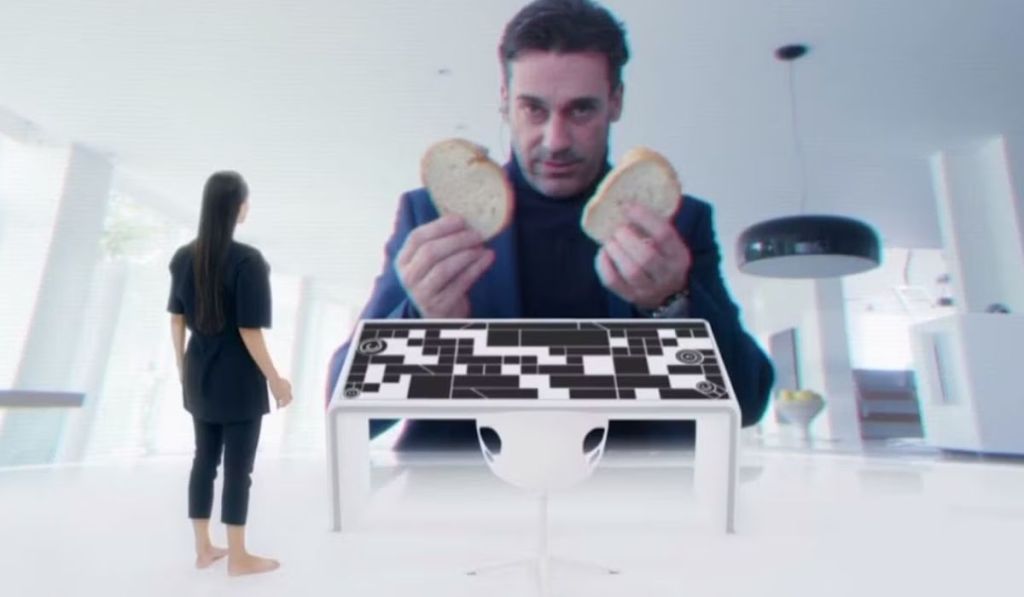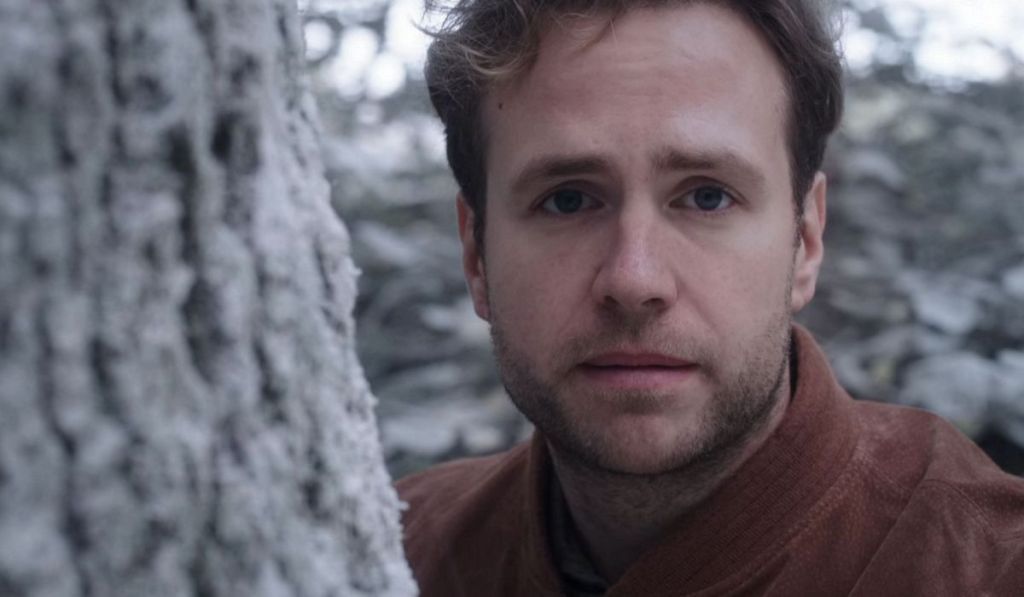Considered one of the best television series, mainly because of how insanely close to reality it is, Black Mirror has a bunch of standout episodes that make viewers stop and think about life. The brilliance of the Netflix series comes from taking what seem like crazy scenarios and turning them into shockingly believable reflections, showing how tech can mess with behavior, relationships, and even what it means to be human. Each story highlights different aspects of life, making it tough to agree on which one’s the best so far. With some iconic episodes like “Nosedive,” “USS Callister,” “Joan is Awful,” and many people’s favorite, “San Junipero,” it’s time to get excited about what else Black Mirror has in store, as the series has already confirmed for a seventh season, promising to be something they’ve “never done before.”
Videos by ComicBook.com
However, when it comes to narrative structure, theme, performances, and the lessons and critiques behind it all, there’s one episode that will always stand out and it might not be the one you think.
Why “White Christmas” is the Best Episode of Black Mirror

Episode 4 of Season 2, “White Christmas” may not be many people’s favorite, although it’s definitely in the top 5 of the best Black Mirror stories. On Rotten Tomatoes, it holds a solid 90%, with critics giving it slightly higher marks. One undeniable effect of the series is how it shocks its audience, but what makes “White Christmas” stand out is how clever it is in its construction. It proves that Black Mirror doesn’t need to simply shock the viewer to be considered a standout episode. But why is this?
The episode takes place in a remote cabin in a snowy region, where two men, Matt Trent (Jon Hamm) and Joe Potter (Rafe Spall), have been confined for five years. It’s Christmas Eve, and Matt begins a conversation with Joe about their pasts and how they ended up in their current situation. From there, the episode unfolds into three different stories, which, while seeming disconnected at first, all come together perfectly by the end. Full of layers, it delves into themes of privacy, digital consciousness, and, most notably, punishment and the ethical dilemmas that come with advanced technology. While the exploration of these themes is central to Black Mirror, “White Christmas” particularly highlights the idea that no one escapes unpunished, regardless of their intentions.
[RELATED: Black Mirror Creator Used ChatGPT to Write an Episode and It Was “Sh-t”]
In the first story revealed, where we see Matt as a kind of guru (as he calls himself) training Harry (Rasmus Hardiker), a shy man, to win over a woman during a party, the issue of privacy loss is already introduced. Until the tragedy that leads to Harry’s death, the entire situation is being watched by Matt and a group of spectators through Z-Eyes technology, even though Harry expresses that he doesn’t want to continue the evening this way. Emphasizing the lack of privacy, it’s clear that technology, when misused, can transform into a tool for exploitation and manipulation, doing far more harm than good.
The same issue arises in Matt’s formal work, though the stakes are even higher as it involves the moral and ethical limits of creating “cookies” (conscious replicas of human beings). When Matt decides to “train” a digital copy of a woman’s (Oona Chaplin) consciousness to make her a perfect virtual assistant, he subjects her to psychological torture until she complies.
However, despite these issues, the most disturbing aspect comes when we learn about Joe’s story, which ultimately destroys his entire life after his partner (Janet Montgomery) blocks him through technology in real life. What was supposed to be a purely virtual tool ends up becoming too much and distorting his psyche. As for Matt, he manages to escape conviction for his actions, but he is never truly free in the eyes of society. “White Christmas” thus delivers a profoundly sad message about dehumanization in every sense, which, upon reflection, has become real and is widely accepted by society.
When Matt exposes Harry’s love life, he reveals humanity’s insane curiosity about the lives of others; when he trains human consciousnesses to turn them into mere devices, he demonstrates control over people’s lives; when Joe is simply blocked by his partner, he loses his sanity to the point of committing murder; and when Matt helps convict Joe, he can never return to his old self due to society’s judgment. Essentially, the tools we create to make our lives easier can end up exposing the worst in ourselves.
The Ending of “White Christmas” is a True Reflection of Today’s World

The end of the episode of Black Mirror may suggest different interpretations, as the public’s opinion on Joe’s punishment wasn’t unanimous. It turns out that it serves as a mirror of society: in serious cases, the sentence can be lenient, and in less severe ones, it can be overly harsh. Justice often doesn’t happen in the most ideal way these days. In “White Christmas”, when Joe finally comes clean about what he did and ends up with the “cookie” of his conscience stuck in an endless loop, living a thousand years every minute, it might feel a bit unfair that his punishment is so harsh for things that weren’t intentional.
Should justice be unrelenting, regardless of intentions, or should there be more nuance in how we assess human mistakes? The criticism is clear: the sense of injustice in the severity of a sentence from the judicial system, which is often rigid and impersonal, doesn’t take into account the emotional context or the unexpected consequences of actions. A real-life example of this can be seen in the case of the Menendez brothers, as portrayed in the Monster series.
Aside from that, by the end of the episode, the message behind the three connected stories becomes clear. Since this is the season finale of season 2, but also set to be the closing of Black Mirror before Netflix took over, “White Christmas” zeroes in on the central theme of the series: showing how technology can be the catalyst for humanity’s downfall. It’s impossible to watch the episode without being deeply disturbed by the raw truth it presents.
Black Mirror is available to stream on Netflix.








